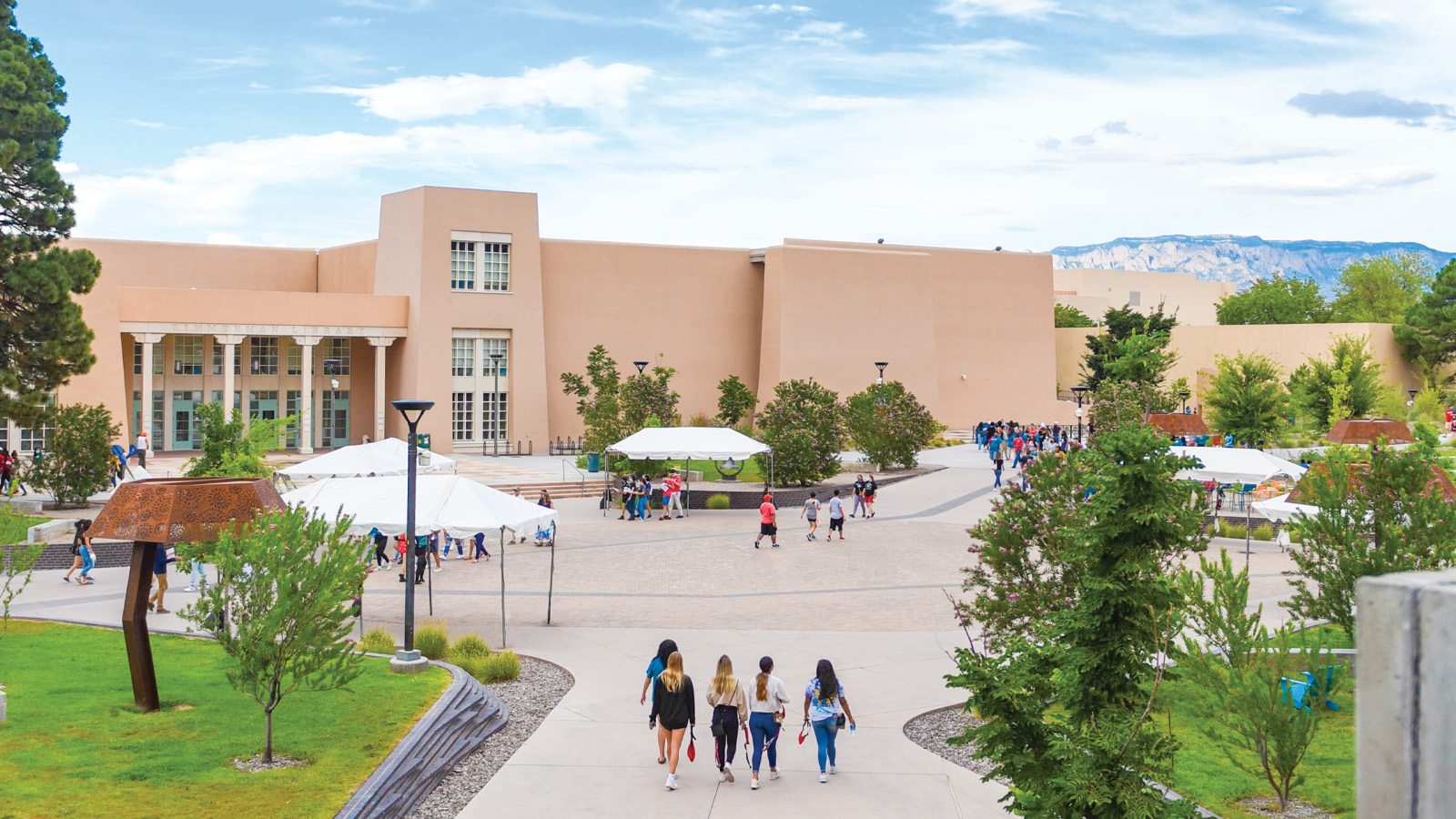ALBUQUERQUE, N.M. – Alliance Defending Freedom sent a letter Wednesday to the University of New Mexico to inform it that the $5,461.40 security fee charged to the university’s Students for Life chapter and Students for Life of America violated the student group and national pro-life organization’s First Amendment rights. ADF attorneys are representing SFLA and its local chapter after UNM officials forced the student group to accept security fees based on previous events hosted by other groups that drew protestors and sent 30 officers to an unprotested event.
“Universities have a duty to protect the speech of all students, and by charging Students for Life over $5,000 in security fees, the University of New Mexico is violating that duty,” said ADF Senior Counsel Travis Barham. “When a university discriminates against students based on the content of their speech, which includes how others might respond to it, that speech is not free. In fact, it is very expensive. As we explain in our letter, UNM officials exercised unbridled discretion by concluding that the group’s critics and opponents might misbehave, which as it turns out, they did not. This is a reason for granting more protection, not higher fees, and we urge the university to rescind the fee and demonstrate it truly values free speech.”
The student group invited SFLA President Kristan Hawkins to speak in April as part of her Lies Pro-Choicers Believe speaking tour. Leading up to the event, the students met with campus police to discuss security arrangements. The event featuring Hawkins drew no resistance, but the university still charged the student group the cost of 30 officers who provided security based entirely on the university’s prediction that Hawkins’s speech would draw protests.
“Ultimately, the University’s Police Department and Special Events Committee considers whatever it wants, determines on its own whether security is needed, determines on its own how much security presence is needed, and sends the bill to the speaker,” the letter states. “There are no meaningful—and certainly no objective or narrowly drawn—limits on these entities’ discretion. This is unconstitutional.”
“Pro-life students should not be forced to pay a free speech fine,” said Students for Life of America President Kristan Hawkins. “The trend of schools using fees and security costs as a deterrent to pro-life student activity is not only unconstitutional, it contradicts the very nature of education itself, in which educators are supposed to bring ideas and people together for an informed and constructive debate.”
In a similar situation at another public university, the University of Pittsburgh rescinded security fees charged to the Intercollegiate Studies Institute and College Republican chapter for a debate they hosted on campus after ADF sent them a letter.
- Pronunciation guide: Barham (BEAR’-um)
The ADF Center for Academic Freedom is dedicated to protecting First Amendment and related freedoms for students and faculty so that everyone can freely participate in the marketplace of ideas without fear of government censorship.
# # #
